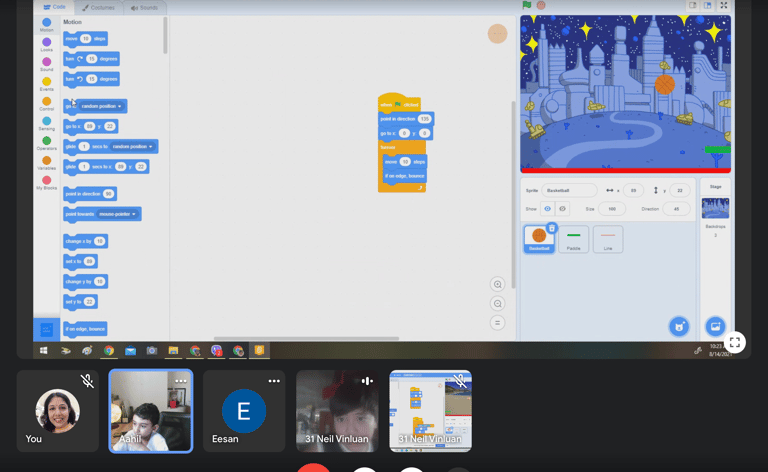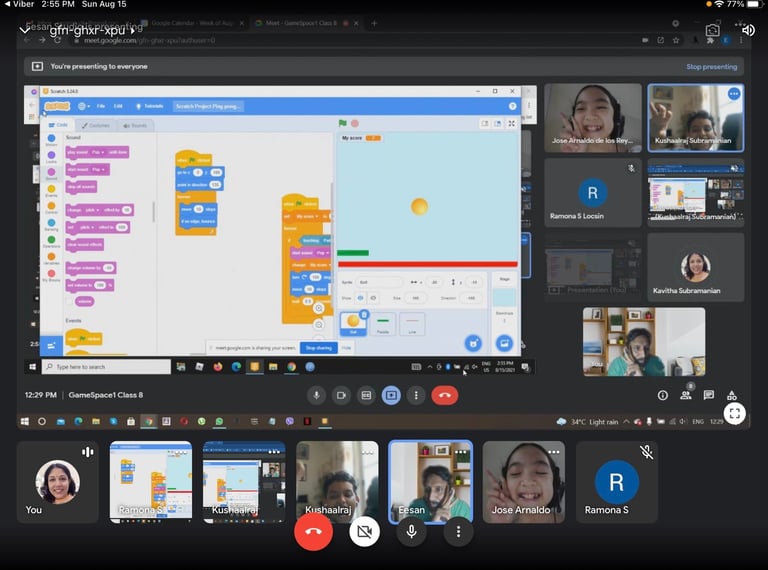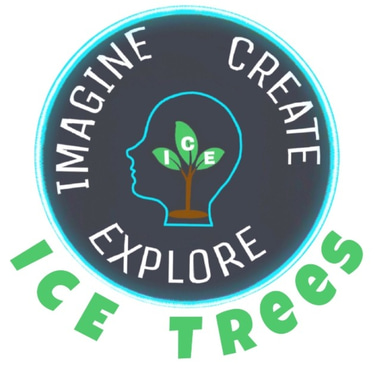Gamespace
Gaming for 5+ years.
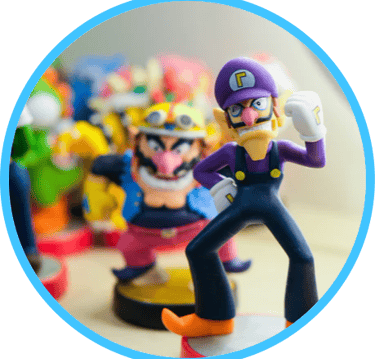

Gaming is today’s language of creativity. All our children deserve a chance to become creators instead consumers of Computer Science. We understand a child’s complexity by not forcing to do assignments that are not conceptual but mainly focus on IMAGINING, CREATING and EXPLORING ideas in more fun-filled ways of Gamification. In this world of technology we try to change an addiction to added feature of a child. Simply, we develop a child’s imagination by encouraging to use multiple methods, tools and train them to explore further in to the world of Gamification.
In Gaming, we have levels to suit each child’s interest and capability. Our beginner level has 8 sessions and will increase in other levels. Our teachers are from premium universities and well proficient in what they doing. They are too demanding in the industries.
"Keep Calm and Game on!"
Program Levels:






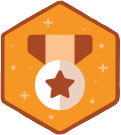





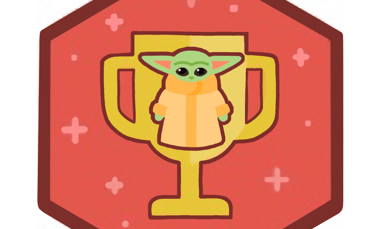

Kickstarter
(Ages 6-10)
Novice
(Ages 6-10)
Apprentice
(Ages 6-10)
Sailor
(Ages 9-15)
Adept
(Ages 9-15)
Expert
(Ages 9-15)
Yoda
(Ages 9-15)
GS Beginners Program (Ages 6-10)
Objectives:
💠 Gaming without coding.
💠 Improving their creativity.
💠 Children become enthusiastic and engage in creating games.
Syllabus:
💠 Learning the basics of Scratch.
💠 Basics in Events, Variables, Blocks, Motions, Looks, Sounds, Control, Sensing and Operators.
💠 Tend to make 2-3 games using these functionalities.
Course Outcome:
💠 Children learn the basics and about the software.
💠 Children create minimum 3 different games.


Level 1: Kickstarter
(8 Sessions)
Objectives:
💠 Improves logical thinking.
💠 Basic mathematics through games.
💠 Creating logical games.
Syllabus:
💠 Learning how to implement their logic and analyze a game.
💠 Arithmetic operations using scratch.
💠 Creating minimum 3-5 logical games.
Course Outcome:
💠 Children learn the basic mathematical skills.
💠 Children create their own games.


GS Beginners Program (Ages 6-10)
(8 Sessions)
Level 2: Novice
Objectives:
💠 Improving cognitive skills.
💠 Applying different methods for the same problem.
💠 Analyzing and applying logical reasoning.
Syllabus:
💠 Cognitive gaming.
💠 Creating ideas.
💠 Children create minimum 5 games.
Course Outcome:
💠 Children develop decision making and problem-solving skills.
💠 Children create games with the above objectives.
Level 3: Apprentice


GS Beginners Program (Ages 6-10)
(8 Sessions)


GS Pro Program(Ages 9-15)
Objectives:
💠 Learning the concepts, tips and programming techniques.
💠 Improves critical, logical reasoning and creativity.
💠 Children work on the games and solve the errors.
Syllabus:
💠 Learning the basics of Game designing.
💠 Learning the basic of construct game engine.
💠 Tend to make 2-3 games using these functionalities.
Course Outcome:
💠 Understanding the logic behind different variables.
💠 Understanding and identifying the gameplay experience when missing with lighting, screen shake and more!
💠 Recognizing and visualizing engine making.
Level 4: Sailor
(8 Sessions)
Objectives:
💠 Improves logical and creative thinking by applying mathematics through games.
💠 Knowing physics properties in the game engine.
💠 Creating logical games.
Syllabus:
💠 Learning how to implement their reasoning in a game.
💠 Arithmetic operations and physics implementation.
💠 Creating games based on physics.
Course Outcome
💠 Children learn the basic mathematical, critical, reasoning and logical skills.
💠 Children create their games related to physics.


Level 5: Adept
GS Pro Program (Ages 9-15)
(8 Sessions)
Objectives:
💠 Game design concepts and techniques.
💠 Functionalities of Stencyl.
💠 Analysing and implementing their logical reasoning.
💠 Basic 2D concepts and creating a 2D game.
Syllabus:
💠 Game designing.
💠 Basic techniques in Stencyl.
💠 Developing a game using any core functionality.
Course Outcome:
💠 Children learn the basic concepts about game design.
💠 Children analyse and create their own 2D game for their mobiles.
Level 6: Expert


GS Pro Program (Ages 9-15)
(10 Sessions)
Objectives:
💠 Various methods and functionalities.
💠 Explaining the Stencyl editor.
💠 Basic 2D concepts and creating a 2D game.
Syllabus:
💠 Different game concepts and its design.
💠 Different techniques in Stencyl.
💠 Developing a 2D game using any core functionality.
Course Outcome:
💠 Children learn the different concepts and functionalities.
💠 Children analyse and create their own 2D game for their mobiles.
Level 7: Yoda
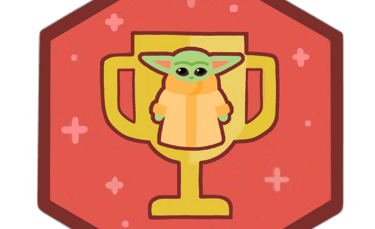

GS Pro Program (Ages 9-15)
(10 Sessions)
